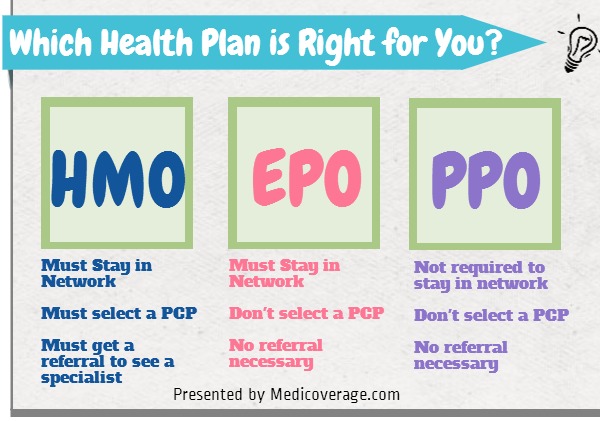The mutual assistance that healthcare and economic development can supply has been highlighted very extensively by the outcomes of UHC-oriented policies in Southeast Asia, from Japan to Singapore. The complementary nature of health improvement and financial development is likewise shown in the relative experiences of various states within India. how much is health care.
I was strongly told that this method might not potentially work, because Kerala was, then, one of the poorest states in India. The thesis of unaffordability https://andyfgnp240.webs.com/apps/blog/show/49153989-how-what-can-you-do-with-a-bachelors-in-health-care-services-can-save-you-time-stress-and-money- was, however, wrongly argued for factors currently talked about - what might happen if the federal government makes cuts to health care spending?. Regardless of its hardship, Kerala did handle to run an effective UHC program that contributed significantly to its having, by some margin, the longest life span in India and the least expensive rates of baby and child death, among its other health achievements.

After all, there are no impacts as strong in raising the efficiency of labour as health, education and ability formationa foundational connection to which Adam Smith offered much attention. This has in fact occurred. In truth, the formerly bad state of Kerala, with its universal health care and universal schooling, now has the greatest per capita earnings among all the states in India.

There is, hence, a lot of evidence that not only does universal health care powerfully enhance the health of people, its rewards work out beyond health. There is, undoubtedly, a strong relationship in between health and financial efficiency, and we have every reason to base public policy on an appropriate understanding of the nature and reach of what is clearly a favorable interdependence - what is required in the florida employee health care access act?.